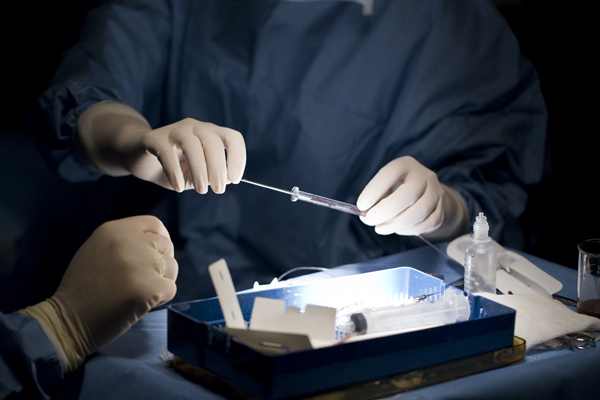We’ve talked about work out of the RIKEN Institute before. The work that comes out of there is clever and often unconventional. The latest work from the RIKEN that seems to have gotten a bit of attention is two recent papers from Haruko Obokata and colleagues, here and here that discuss almost inconceivably simple approaches to generating stem cells out of adult, differentiated blood, fat, muscle and brain mouse cells. The approach essentially immerses the cells in an acidic solution for a half hour to induce a state of cell stress and subsequent induced pluripotency allowing them to recapitulate mature, differentiated tissues of a variety of cell types, including a reported blastocyst. Granted, there are a variety of ways to collect and harvest stem cells, but these approaches present a variety of both ethical and logistical confounds. So, this approach could solve a number of problems related to collecting and harvesting stem cells.
The other notable thing about this study is how elegant the screening method was. The authors used GFP tagged Oct4 genes to note when cells had reached pluripotent status. These GFP expressing cells were then indicators of induced pluripotency in harvested, differentiated cells that underwent stress through acid immersion. Since only approximately 25% of the cells that underwent acid immersion survived, this approach allowed the investigators to see which of those remaining cells exhibited Oct4 gene expression revealing pluripotent stem cell status. Other assays backed up these determinations of pluripotency including teratoma assays as well as the creation of chimeras.
If this approach proves a viable technique to generating stem cells, work in stem cell based vision rescuing therapeutics (as well as many other therapeutic applications) could be dramatically facilitated as labs exploring stem cell therapies in vision rescue are currently having to invest large efforts in using existing approved stem cell stocks or isolating stem cells through labor intensive methods.
Update 03/10/14:
The Wall St. Journal is reporting that one of the co-authors of this study said the research contained “crucial mistakes” and RIKEN is weighing whether to retract the papers.
Update 07/02/2014:
Nature has announced that the papers have been retracted.
Update 09/23/2015:
The STAP approach has been completely refuted.
